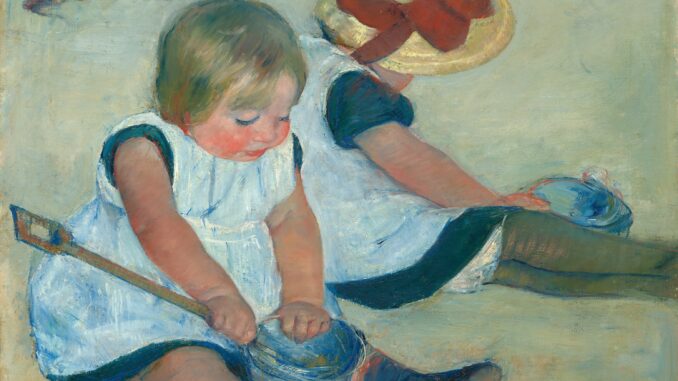
“He who gathers crops in summer is a wise son, but he who sleeps during harvest is a disgraceful son.” Proverbs 10:5
So the inspired proverb tells us. In its simplest form the reference is to the gathering and laying up of food in the summer days. There is a season when the harvest is waving in the fields, when the fruits hang heavy on trees and vines, when earth’s good things wait to be gathered. That is the time when men must be diligent—if they would lay in store for their winter’s needs. Not long does the opportunity wait. No sooner are the fruits ripe—than they begin to decay and fall off. No sooner is the harvest golden—than it begins to perish. Winter follows summer. Then there are no fruits on the trees or vines, no harvests waving on the fields. The hungry man cannot go out then to gather food, and if he has not gathered in summer—he must suffer hunger.
Life has its summers and its winters—its times of health, plenty, opportunity; then its times of sickness or need; and these seasons of need must survive, from the stores laid up in the days of abundance. Youth is a summer. It is a time for the forming of habits, for the foundation of character, for the making of friendships. Later on comes “real life,” with its duties, responsibilities, struggles, sorrows, and losses. But he who has gathered in life’s summer—shall not lack in life’s winter. A youth-time diligently spent in improvement, prepares one for whatever comes in the sterner years; while every opportunity wasted in youth—-is a risk for misfortune, or failure in later life.
The same law applies in spiritual life. In our time of quietness and security, we may store up in our hearts, the resources we shall need to draw upon for meeting temptation. Childhood and early youth in a true Christian home, are sheltered in a large measure from stern assaults and bitter conflicts. The atmosphere is kindly and congenial. The influences are helpful. There is a mother’s shoulder to cry on—and a father’s hand to lead and protect. This is life’s summer.
But the winter eventually comes. No young person can live always in such a shelter. The time comes—when the children must go out to face the temptations of the world. It is possible, however, in the days of quiet in the home—to so gather spiritual resources in the heart—that in the conflicts of later days, the life shall be safe.
Lives should be built in the home in the days of youth—not merely for the experiences of the home itself—but to meet the stern buffetings and the severe tests any possible future may bring. Principles should be fixed so firmly that nothing can ever swerve the life from them. Habits should be so wrought that nothing can change them. Conscience should be so trained that it can withstand greatest stress without wavering.
The lesson is for the young. In the bright sunny days—gather into their lives stores of moral and spiritual strength to counter the world’s fierce temptations. The great principles of Christianity should be fixed in their minds so no assaults of skepticism can make them doubt.
Gather about you in the sunny days gentle and worthy friends. Above all, gather into your soul the friendship of Jesus Christ, and let His words bless your life and fill and enrich your heart. Then, when the winter days come, the memories of all these precious things will abide, and will shine like soft lamps in the gloom. Such gathering in the summer days of life—will make the winter cheerful and bright within, even with storm and darkness outside.
J.R. Miller was a pastor and former editorial superintendent of the Presbyterian Board of Publication from 1880 to 1911. This is an edited version of his original. His works are now in the public domain.



